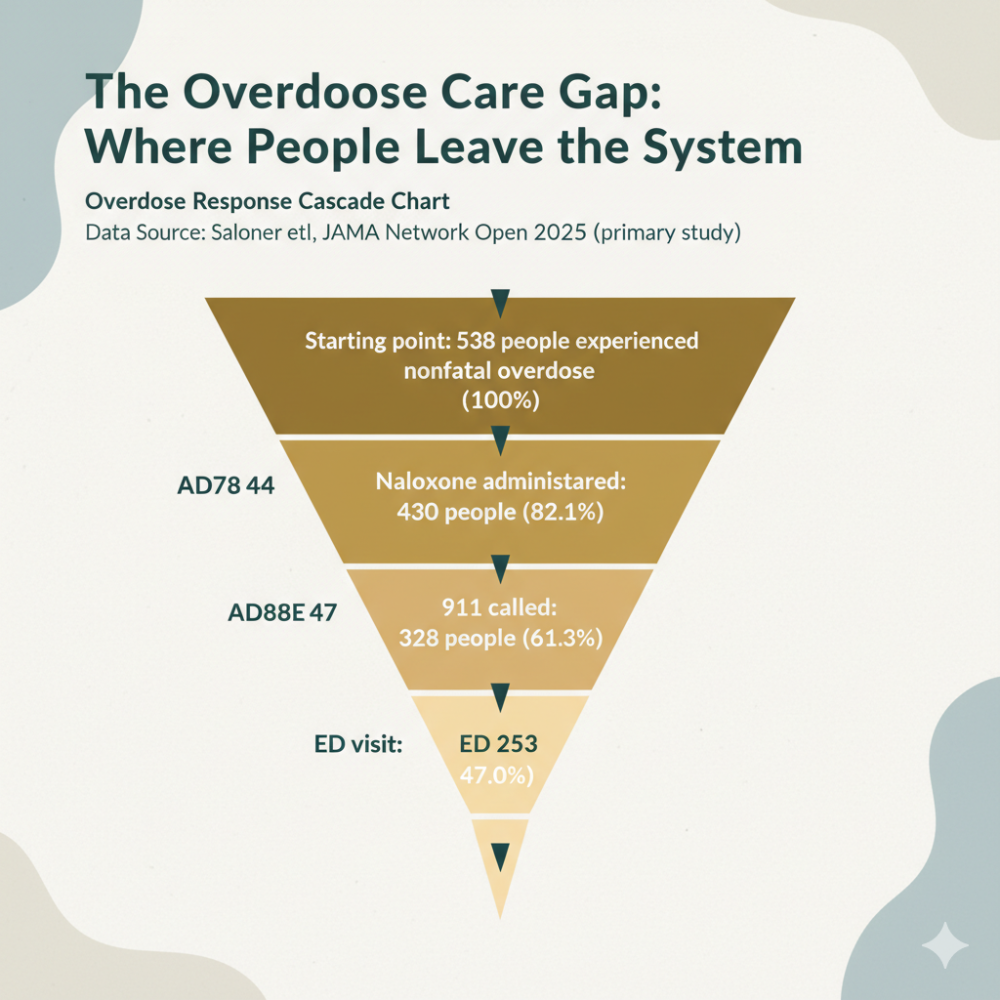A recent study has raised serious concerns about the widespread use of opioid painkillers. The research found that one in 10 people taking these drugs are actually dependent on them, while one in eight are at risk of prescription opioid misuse. With millions of people prescribed opioid medications each year, these findings underscore the urgent need to better understand the risks and how to use these powerful drugs responsibly.
What Are Opioid Painkillers and How Do They Work?
Opioid medications like tramadol, codeine, oxycodone, and fentanyl are prescription drugs designed to provide short-term relief for acute pain, such as after surgery or for those nearing the end of life. They work by traveling through the bloodstream and binding to opioid receptors in the brain. This blocks pain signals and produces a sense of pleasure and relaxation.
However, opioids also have significant side effects. They can cause excessive drowsiness, breathing problems, constipation, and impaired immune function. Worryingly, they can also increase a person’s sensitivity to pain over time.
Why Are Opioids So Addictive?
The reason opioid painkillers are highly addictive is that they are much more potent than the natural opioids our bodies produce (endorphins). When taken, the effect is immediate and powerful. But with each subsequent use, the brain’s opioid receptors become less sensitive, requiring higher and higher doses to achieve the same effect. This leads to physical dependence, where stopping the drug triggers unpleasant withdrawal symptoms.
Avoiding Opioid Dependency
If you are prescribed an opioid painkiller, it’s crucial to use it exactly as directed by your doctor. Do not exceed the stated dosage or duration of use. If you are still experiencing significant pain, make an appointment to discuss alternative treatment options.
Signs of potential dependence include taking increasingly larger doses, experiencing cravings, and being unable to stop use without withdrawal symptoms like palpitations, nausea, and tremors. If you are concerned about opioid misuse, speak to your doctor or contact a drug and alcohol support service for confidential help.
The findings of this new study serve as an important reminder that opioid painkillers, while effective for acute pain management, carry very real risks of addiction. By understanding how these medications work and using them judiciously under medical supervision, we can avoid the devastating consequences of opioid dependence.



